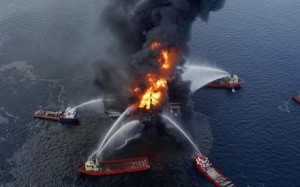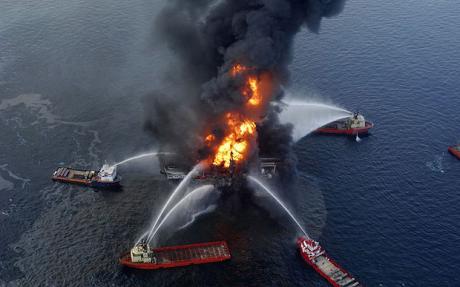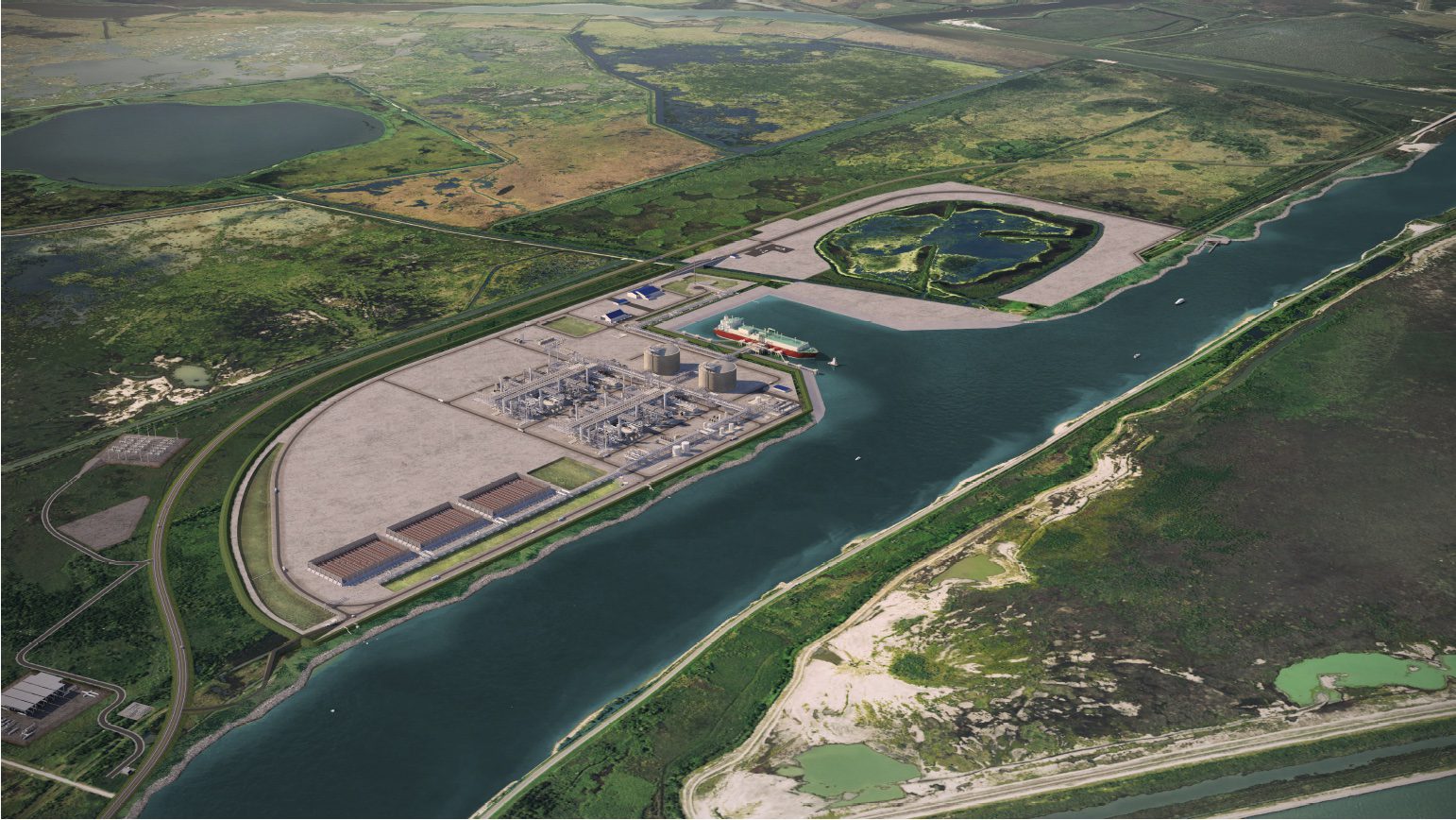 (Bloomberg) — Transocean Ltd. and federal prosecutors urged a judge to accept the oil driller’s agreement to plead guilty to a criminal charge over its role in the 2010 Gulf of Mexico oil spill and pay more than $1.4 billion, according to court papers.
(Bloomberg) — Transocean Ltd. and federal prosecutors urged a judge to accept the oil driller’s agreement to plead guilty to a criminal charge over its role in the 2010 Gulf of Mexico oil spill and pay more than $1.4 billion, according to court papers.
Transocean’s willingness to plead guilty to violating federal pollution laws and pay a $400 million criminal fine, along with $1 billion in civil penalties, is a fair resolution of the government’s probe of the drilling firm’s actions in connection with the Deepwater Horizon spill, prosecutors and lawyers for the company said in a 21-page joint court filing today.
“The size and scope of the criminal penalty imposed on Transocean fairly and reasonably balances the seriousness of the spill and its consequences with an assessment of Transocean’s role” in the environmental disaster, lawyers said in the filing.
Transocean was the owner and operator of the Deepwater Horizon oil rig, which burned and sank in the Gulf of Mexico in April 2010 after BP Plc’s Macondo well exploded, setting off the largest offshore oil spill in U.S. history. Under the plea, Transocean also must establish a technology innovation group to focus on drilling safety and devote at least $10 million in funding to the program.
Highest Fine
The explosion aboard Transocean’s drilling rig killed 11 workers and sent millions of barrels of crude oil spewing into the gulf. The accident prompted hundreds of lawsuits against Transocean, London-based BP, the well’s owner, and Houston-based Halliburton Co., which provided cementing services.
Transocean’s criminal fine is the second-highest assessed over an environmental disaster, prosecutors and lawyers for the company said in today’s court filing. The highest was BP’s $1.26 billion fine in connection with the same spill.
BP agreed in November to pay a total of $4 billion to resolve a federal criminal probe of its role in the spill and $525 million to settle the U.S. Securities and Exchange Commission’s claim that the company misled investors about the rate of oil flowing into the gulf. The oil company pleaded guilty to 14 counts, including 11 for felony seaman’s manslaughter.
BP officials said earlier this week the company has spent as much as $8.5 billion on lawsuit settlements related to the spill and is still facing more than $34 billion in claims from U.S. states affected by the environmental disaster.
Responsibility Accepted
Transocean’s misdemeanor plea to one count of violating the Clean Water Act doesn’t cover the company’s exposure for natural-resources damages under the Oil Pollution Act of 1990, according to court filings.
The OPA law requires responsible parties to reimburse both the federal and state governments for the cost of restoring natural resources, such as wetlands, to pre-incident conditions.
Federal prosecutors said in today’s filing that Transocean officials “provided substantial cooperation” with the government’s probe of potential criminal acts tied to the spill.
Company officials contacted a federal task force investigating the incident “within days of its formation and provided continuous and meaningful” information, Justice Department lawyers said in the filing.
Transocean officials said the drilling company “accepts responsibility for the criminal conduct” targeted by the plea, the company’s lawyers said in the filing. The company also has initiated “significant” rig safety and environmental protection programs since the Deepwater Horizon incident, its attorneys added.
Plea Hearing
U.S. District Judge Jane Triche Milazzo will decide Feb. 14 whether to give final approval to Transocean’s plea after a public court hearing. BP’s plea won final approval last month.
Three victims have notified the government of their intent to speak at Transocean’s plea hearing next week, Derek Cohen, deputy director of the Deepwater Horizon Task Force, said in a separate filing today.
The victims include include Buddy Trahan, a Transocean executive who was seriously injured in the rig explosion; Laura Regan, a waterfront property owner claiming medical effects from the spill; and Anh-Dao T. Nguyen of the Southeast Asian Fisherfolk Association, which represents immigrant seafood- industry workers on the Gulf.
The criminal case is U.S. v. Transocean Deepwater Inc., 13- cr-001, U.S. District Court, Eastern District of Louisiana (New Orleans).
– Jef Feeley and Allen Johnson Jr., Copyright 2013 Bloomberg.

 Join The Club
Join The Club












